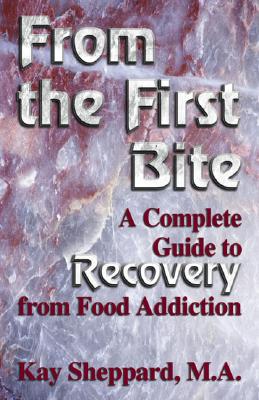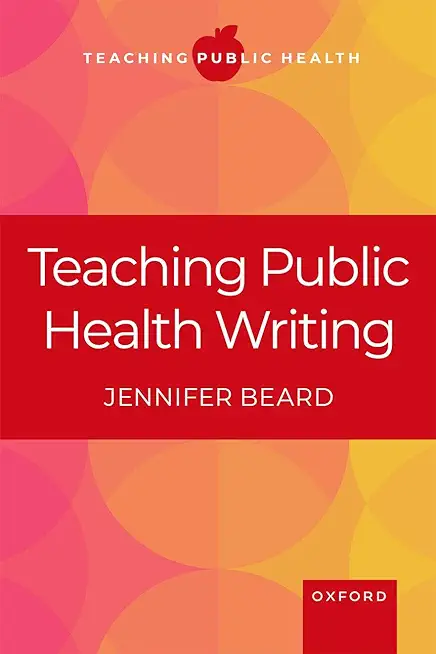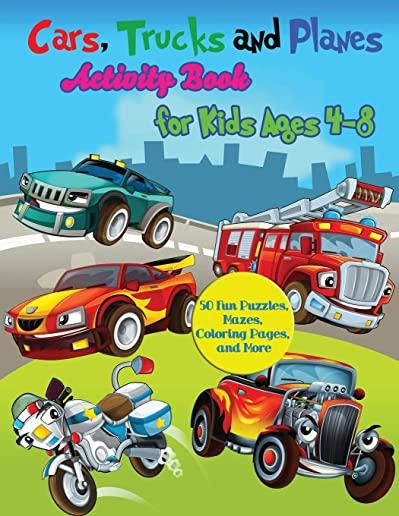
Morton, Kati
product information
description
re and more. Yet many people still believe that trauma can only result from experiences that are particularly extreme. But trauma is an emotional response that can stem from a wide variety of upsetting experiences, leaving us feeling anxious, weighed down by negative emotions or memories, or feeling like we lack security. As a licensed therapist, Kati Morton addresses this challenge: If we don't have an understanding of trauma and how it's defined, how can we work to overcome it? The urgency of meeting this challenge increases at a time when we are bombarded with a constant flow of frightening stories--about global pandemics, ecological disasters, riots, and mass shootings--that can trigger our emotional stress. We must find a balance between staying connected to the world on social media while avoiding the false facts, hate-filled comments, and passive-aggressive posts and accounts that feed negative thoughts. In Traumatized, Morton shares a unique perspective on trauma in the modern age, including:
- Tips to be more mindful of what we do and who we follow online, which is the key to improving our relationship with social media and stop spreading the trauma
- Helpful therapeutic techniques to heal from childhood trauma
- Skills to identify transgenerational trauma and begin to break harmful cycles in your home
- Whether to seek therapy or counseling.
member goods
No member items were found under this heading.
Return Policy
All sales are final
Shipping
No special shipping considerations available.
Shipping fees determined at checkout.







